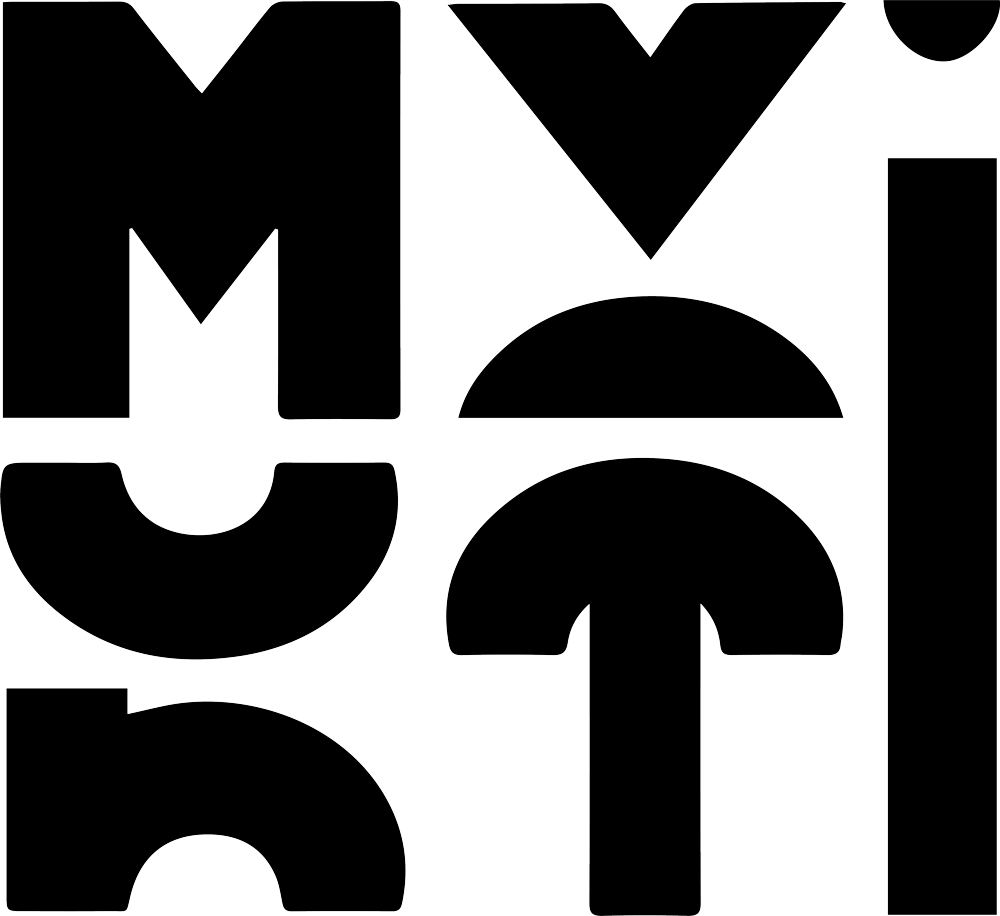A new regulatory framework for multi-tenant (rooming) houses took effect on March 31, 2024. Here are the key details.
The City defines a multi-tenant house, or rooming house, as a building where four or more rooms are rented to separate individuals. Tenants may share kitchen and/or bathroom facilities but do not live together as a single housekeeping unit. The new rules established on March 31, 2024, aim to ensure consistent standards and regulatory oversight, enhancing tenant safety and addressing neighborhood concerns.
Why Multi-Tenant Houses Are Needed
As part of the HousingTO Action Plan, the City is committed to ensuring Toronto is a place where families and individuals can live in safe, well-maintained, and affordable housing with respect and dignity, providing equal opportunities for all to succeed.
Offering a diverse range of housing options in every Toronto neighborhood is crucial to ensuring everyone has a safe place to call home. Multi-tenant houses serve a diverse group of residents, including those with low incomes and equity-deserving groups. Access to quality, safe, and affordable housing is a key social determinant of health and the foundation of vibrant, inclusive neighborhoods and complete communities.
Advantages of the New Framework
The new regulatory framework aims to ensure multi-tenant houses in Toronto are safer and permit affordable housing options across the city. It supports complete communities by ensuring a range of housing opportunities for different incomes and needs.
Advantages of the New Framework:
- City-Wide Permitting: Multi-tenant houses are allowed across the city with consistent standards, including the maximum number of rooms and parking requirements.
- Enhanced Licensing Requirements: Operators of multi-tenant houses must adhere to stricter licensing requirements that promote the health and safety of tenants.
- New Standards: The framework introduces new standards for multi-tenant houses, including those providing personal care.
- Enforcement and Compliance: An effective enforcement and compliance program is established, featuring a dedicated enforcement team, annual inspections, increased fines, a new Multi-Tenant House Licensing Tribunal, and other enforcement tools.
- Renovation Program: Funding and support are provided to help preserve affordable multi-tenant houses and maintain affordability for renters.
- Comprehensive Communication and Engagement: Strategies are implemented to educate owners, operators, tenants, and communities about the new regulations and available resources.
Phases of Implementation
The framework is being rolled out over a three-year period to gradually expand licensing and ensure adequate support for both operators and tenants. Central to the City’s implementation strategy is preserving tenancies and preventing evictions.
2024 – 2025:
Licensing & Enforcement:
- All operators of multi-tenant houses are now mandated to acquire a license, with the launch of an online application system.
- The City prioritizes bringing previously licensed operators into compliance and works with unlicensed operators. Ongoing guidance is provided to operators to facilitate compliance with the new framework.
- New operators are given a 12-month compliance period and are supported in their efforts to meet the requirements, unless health and safety risks are identified.
Housing Affordability & Tenant Support:
- A new Multi-Tenant Houses Renovation Program is under development to preserve affordable housing and protect renters’ affordability. The program offers grant funding and financial incentives to address safety and building condition improvements.
- Tenant supports are available to those facing evictions from multi-tenant houses or other rental properties.
Multi-Tenant House Licensing Tribunal:
- The former Rooming House Commissioner in Toronto has been replaced by a new city-wide Multi-Tenant House Licensing Tribunal. This independent body hears appeals of licensing decisions and referrals from City staff.
Communications & Public Education:
- A city-wide campaign educates tenants, operators, owners, and the public about the new regulations. It highlights tenant rights, safety measures, and available resources. Operators receive guidance on compliance and their obligations to tenants. The campaign also raises awareness about how the regulations expand affordable housing options and address neighborhood concerns.
2025 – 2026:
- The City continues transitioning existing licensed operators and identifies unlicensed multi-tenant houses for licensing.
- Outreach efforts target new operators to apply for licenses while monitoring impacts on housing affordability and tenants. Further details can be found in the staff report outlining the complete framework and Council decisions.


No Comments